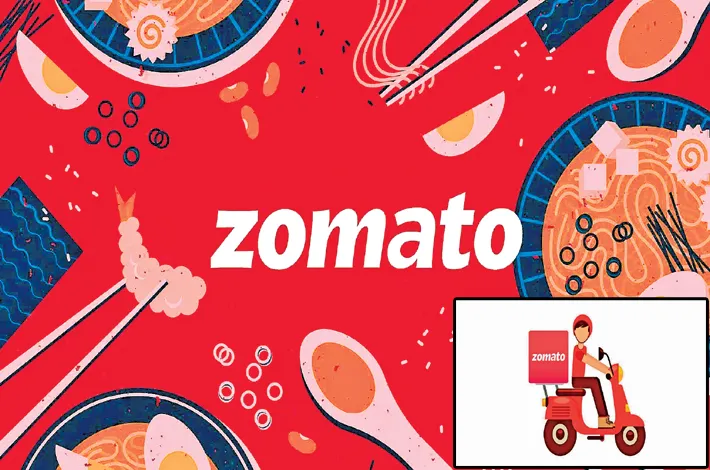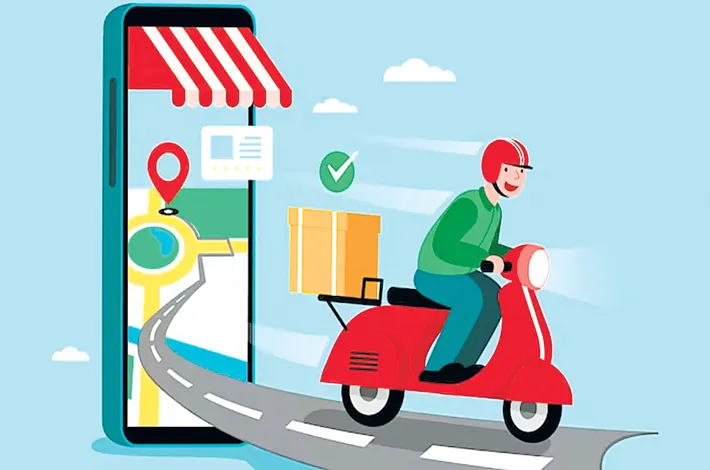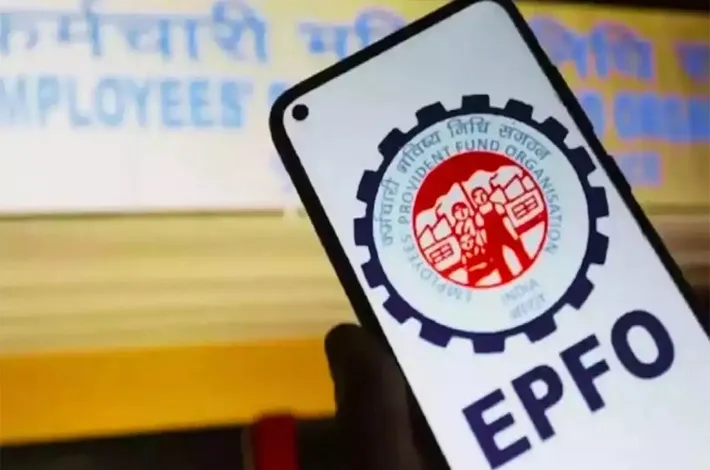Zomato takes customers for a ride
23-11-2025 12:00:00 AM

Privacy concerns:
- As per recently notified Digital Personal Data Protection (DPDP) Rules, any sharing of personal data now requires granular, unambiguous, and informed consent in plain language.
- Consumers should have full control. They can opt out at any time without affecting their ability to order food
The decision:
Zomato’s announcement that it will soon start sharing customers’ phone numbers with restaurants, but only with user consent of user
What industry leaders say:
- Called it a question of a “level playing field arguing that while restaurants were forced to communicate only through the app, the platforms themselves cross-sell the data to other brands.
- Point out that platforms today have disproportionately high power compared to restaurants and consumers and mention that that breaking the “information monopoly” would ultimately benefit customers through direct deals and lower effective prices.
Alternate views:
- Consumer activists warned that the move risks turning phone inboxes into “marketing battlegrounds.”
- While giants like Zomato and Swiggy have strong systems, a neighborhood eatery may lack hem to safeguard data or honour consent withdrawals.
In a significant shift for India’s food delivery ecosystem, Zomato has announced it will soon start sharing customers’ phone numbers with restaurants, but only with explicit user consent. The company says the move will speed up deliveries, improve coordination, and allow restaurants to build direct relationships with diners. However, the decision has sparked intense debate over consumer privacy, platform power, and fair play in one of India’s fastest-growing digital markets. Now that has raised a major question-“Is it really going to add to consumer’s convenience or is it going to compromise on privacy?”
Restaurant owners have been demanding customer contact details from aggregators for nearly a decade. CEO of a noted food delivery firm and Chief Marketing & Technology Officer at another chain of restaurants , called it a question of a “level playing field.” They recalled that for almost ten years they had been asking Zomato and Swiggy for one crucial piece of information – the customer’s phone number. They further argued that while restaurants were forced to communicate only through the app, the platforms themselves used the same data to power their private cloud kitchens and cross-sell to other brands.
Another serial entrepreneur who is a promoter of a number of household services apps surprisingly backed the restaurants. He made it clear that platforms today have disproportionately high power compared to restaurants and consumers, adding that breaking the “asymmetric information” monopoly would ultimately benefit customers through direct deals and lower effective prices. At the same time, not everyone was celebrating. A veteran consumer activist warned that the move risks turning phone inboxes into marketing battlegrounds. “It’s my data. I should guard it the way I want, and if I share it, I should get tangible value in return,” he asserted. He also xpressed skepticism about enforcement, citing India’s historically weak regulatory surveillance. He noted that businesses will always try to maximise profit but it would not stop restaurants from bombarding customers with promotional WhatsApp blasts and SMS.
Is Zomato on solid legal ground
A technology policy expert explained that India’s newly notified Digital Personal Data Protection (DPDP) Rules provide a clear framework. He clarified that any sharing of personal data now requires granular, unambiguous, and informed consent in plain language. He also noted that consumers retain full control: they can opt out at any time without affecting their ability to order food, and restaurants must limit use of the data strictly to the purpose consented to. Heavy penalties await violators.
Yet concerns remain about smaller restaurants’ ability to comply. Entreprenuers in food and household delivery firms pointed out that while giants like Zomato and Swiggy have robust governance, a neighborhood eatery may lack the systems to safeguard data or honour consent withdrawals. However, it was more or less unanimously agreed the outcome hinges on implementation. Restaurants may finally run loyalty programmes and offer direct discounts, potentially reducing the 20–27% “platform tax” that currently inflates delivery bills. At the same time, unsolicited marketing could become a daily nuisance.
Industry watchers predict Swiggy will soon follow suit under pressure from the National Restaurant Association of India. If the practice spreads to grocery, pharmacy, and mobility apps, it could reshape the entire aggregator economy. As Zomato rolls out the feature, Indian consumers face a familiar digital-age trade-off: a little more convenience and possibly cheaper food in exchange for one more slice of personal data. Whether the new DPDP regime can police thousands of restaurants effectively remains the big unknown.








